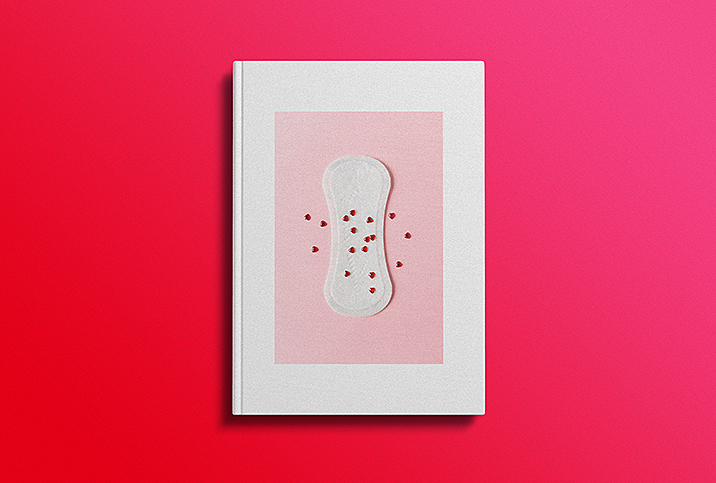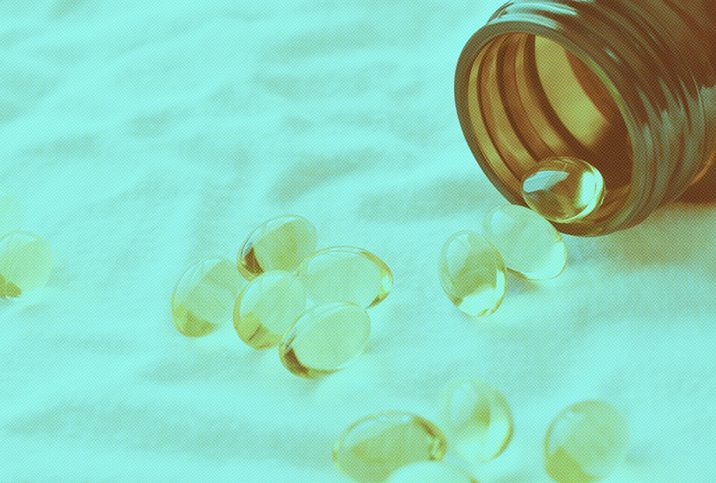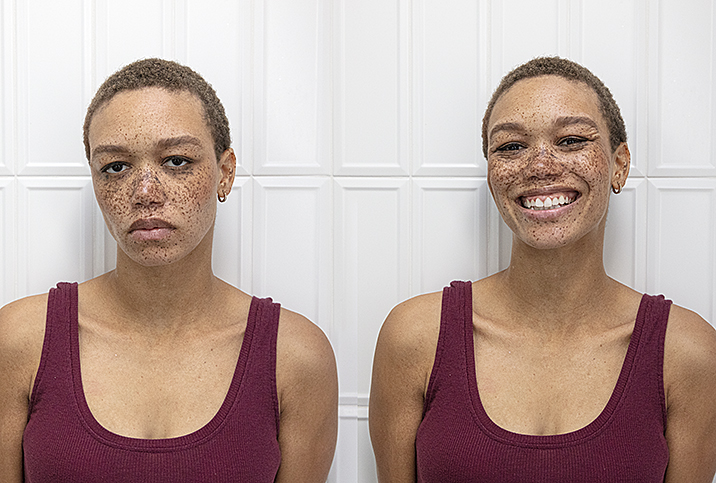We Need to Talk About Periods and Mental Health

Periods have long been the punch line of jokes regarding a woman's moodiness or behavior. (Oh, it's that time of month….) While it seems like common knowledge that hormones impact mood, how your menstrual cycle affects your mental health is rarely given serious discussion. However, menstruation can have negative impacts on mental health that should not be dismissed.
How the menstrual cycle affects mental health
Throughout your menstrual cycle, your hormones veer from the norm and impact your mental state. Over the course of a cycle, some women experience severe symptoms, such as depression and anxiety.
The menstrual cycle starts on the first day of menstruation. During the first part of your cycle, from the first day to ovulation, estrogen steadily increases as the egg is prepared for release. This is called the follicular phase, and some women experience effects such as increased energy levels and better memory at this time.
Estrogen peaks at ovulation, the point at which the egg is released by the ovaries. This prompts the start of the second half of the menstrual cycle—the luteal phase. Estrogen and progesterone are secreted by the corpus luteum at this time, as the body prepares for a possible pregnancy. The changes in hormones can affect the levels of serotonin, a neurotransmitter responsible for helping regulate mood. A decrease in serotonin can lead to trouble sleeping, irritability, forgetfulness, lethargy, anxiety and depression, all symptoms attributed to PMS.
When it's worse than PMS
While many women experience PMS, some will experience more aggressive mood swings, depression and other symptoms known as premenstrual dysphoric disorder (PMDD). Premenstrual dysphoric disorder is considered by some health professionals to be a more severe form of PMS, characterized by extreme premenstrual mood disturbances. PMDD can exacerbate symptoms related to depression and anxiety.
The exact cause of PMDD is unknown. Researchers hypothesize that changes in hormone levels and serotonin levels throughout the menstrual cycle may play a role.
PMDD is thought to affect 3 percent to 8 percent of women in their reproductive years. Some symptoms include anxiety, feeling overwhelmed, increased depressed mood, irritability, sudden sadness and social withdrawal. Suicidal ideation can be a symptom of PMDD, and according to the International Association for Premenstrual Disorders, an estimated 15 percent of women with premenstrual dysphoric disorder will attempt suicide in their lifetime. The risk is even higher for transgender individuals.
PMDD can be difficult to differentiate from other mental health issues. Of women diagnosed with PMDD, an estimated 40 percent have been misdiagnosed and instead have an underlying mood disorder rather than PMDD. Careful evaluation is important to get the right treatment.
The correlation between mental health and period health
The reverse effect—mental health negatively impacting period health—is also true. Those with preexisting mental health conditions, such as anxiety and depression, may see their symptoms worsen throughout their cycle and may experience changes to their cycle as a result.
Research has shown that cycle length and regularity are impacted by mood and anxiety disorders. One study found that women with shorter cycles are at a 1.5 to 2 times greater risk of having a lifetime anxiety disorder or substance use disorder.
Bipolar disorder has also been found to impact a woman's menstrual cycle. Results of one study show that women with bipolar disorder are more likely to have early-onset menstrual cycle dysfunction than women without bipolar disorder.
Even PMDD, which is regarded largely as a biological issue, has been shown to have sociocultural factors related to mental health, such as life stress and past sexual abuse, that could interact with hormonal changes.
Getting help
Tracking your cycle by writing down your moods and symptoms every day can help give you a better idea of how your cycle is impacting your mental health. If you think you might be experiencing PMDD or other mental health issues, there is hope.
There are many treatments available today to help you take control of your life. Non-pharmacological treatment options can include lifestyle changes and cognitive therapy. Supplements such as chasteberry, vitamin B6 and calcium are thought to help as well, but talk to your doctor before starting any regimen. Medications such as SSRIs, commonly prescribed antidepressants, are increasingly being used as the front-line treatment for PMDD symptoms and depression. Speak with your doctor to learn more about treatment options and get further insight into which option is right for you.


















